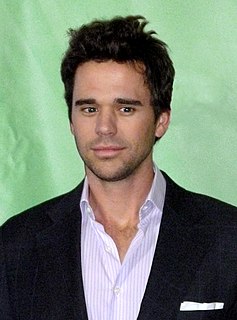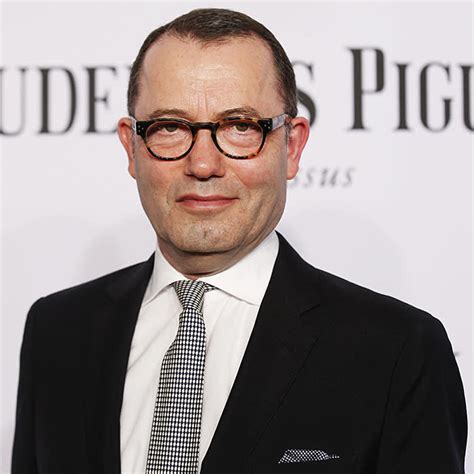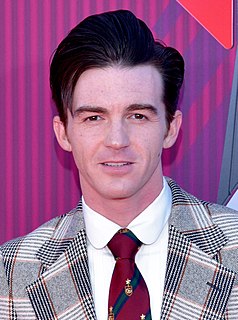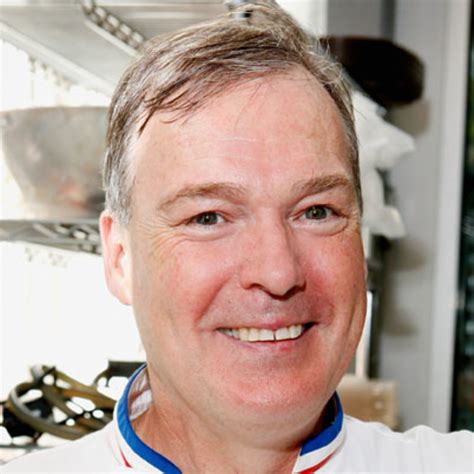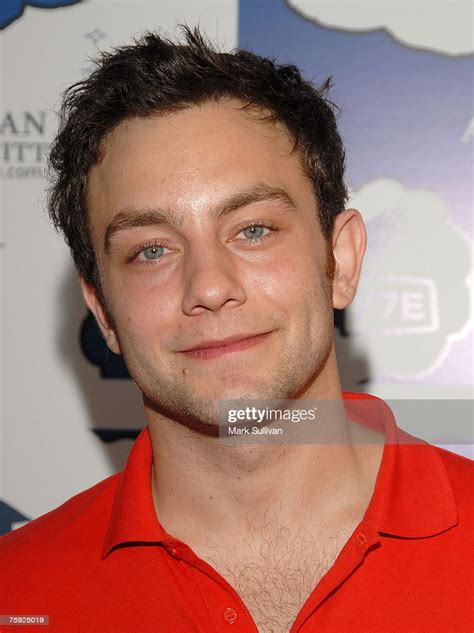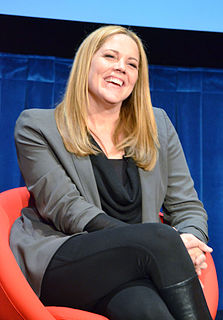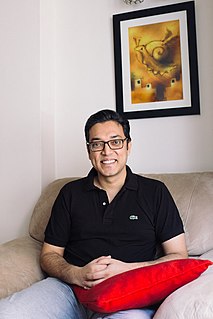A Quote by David Walton
Being on stage was all about the palpable energy of a rapt audience hopefully buying into a life onstage. The immediate connection with the audience was the best part for me. The camera is not as fun, but your work is preserved forever. There's immortality to it.
Related Quotes
The live audience, just getting an instant reaction off of an audience is the best part[of the show]. Being in the studio and working on your songs and listening to them back and doing all that - it's a lot of fun, but having that instant reaction and being able to work and vibe with an audience is the best part.
The one thing that I love about the live audience is the energy level. Like, from the minute of cast introductions, it's just constant energy being traded back and forth. When you do something funny, the audience laughs; when you're being serious, you can, like, feel the tension going through the audience.
Through performance, I found the possibility of establishing a dialogue with the audience through an exchange of energy, which tended to transform the energy itself. I could not produce a single work without the presence of the audience, because the audience gave me the energy to be able, through a specific action, to assimilate it and return it, to create a genuine field of energy.
Normally classical music is set up so you have professionals on a stage and a bunch of audience - it's us versus them. You spend your entire time as an audience member looking at the back of the conductor so you're already aware of a certain kind of hierarchy when you are there: there are people who can do it, who are on stage, and you aren't on stage so you can't do it. There's also a conductor who is telling the people who are onstage exactly what to do and when to do it and so you know that person is more important than the people on stage.
When you're doing a play, you're onstage, there's no stopping or starting, there's no stopping to reposition for the camera or have a check done. You're there 'till the end of the show. What that gives you is a great gift, which is to command the audience, and you get to play with your script and your fellow actors. Every night, it's different. Hopefully it goes well and you get a great response. But the technique that you have to have on film or television is so delicate. It's fine-tuning. That is very different from being onstage, but they both have important skill sets.
The stage is that immediate rush of energy you get from the audience. Also, doing something in chronology - something that starts and finishes the same night. In television, you work toward the one scene, you shoot it, and then you have to forget about it because you have to worry about the next scene.
